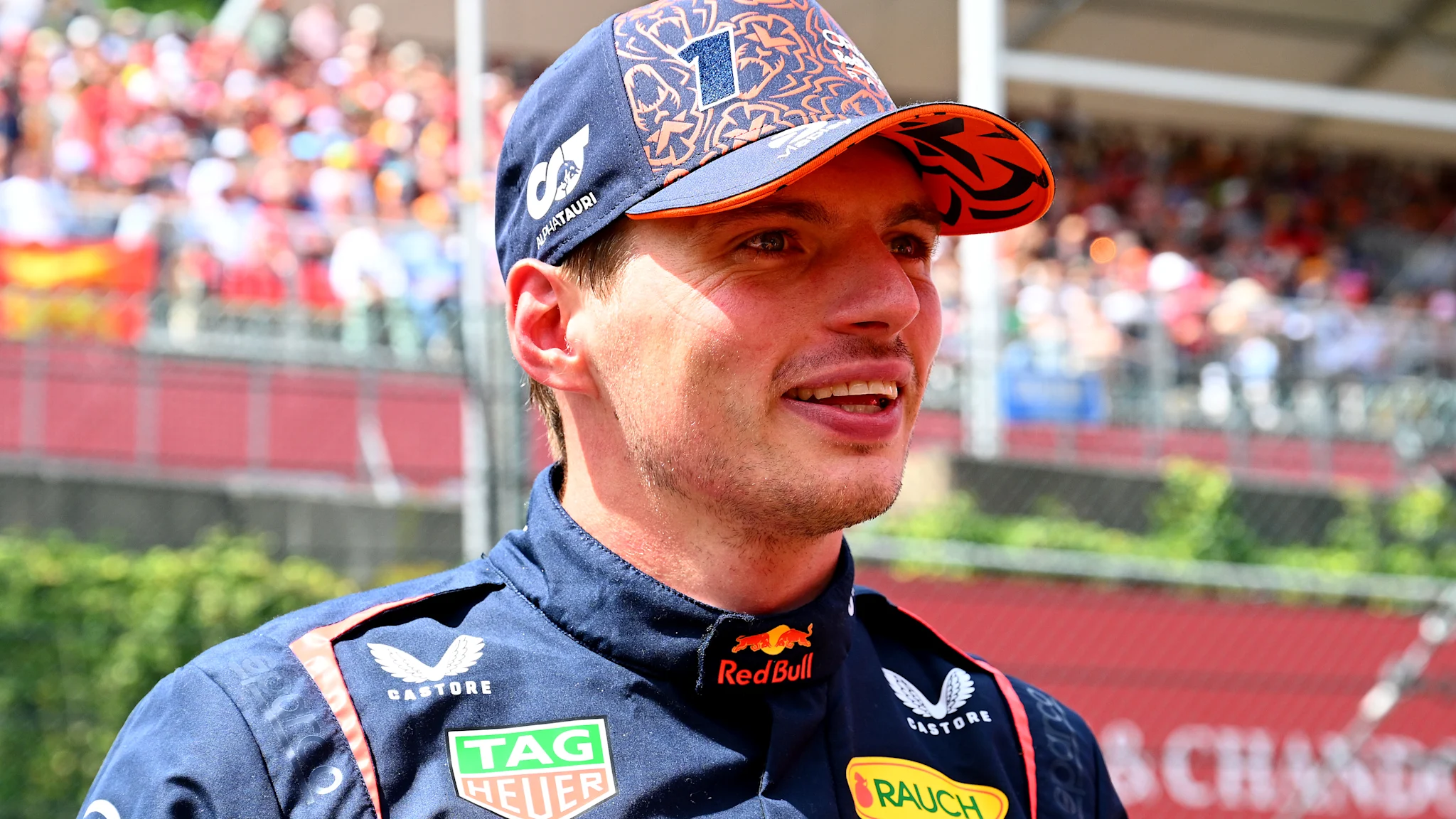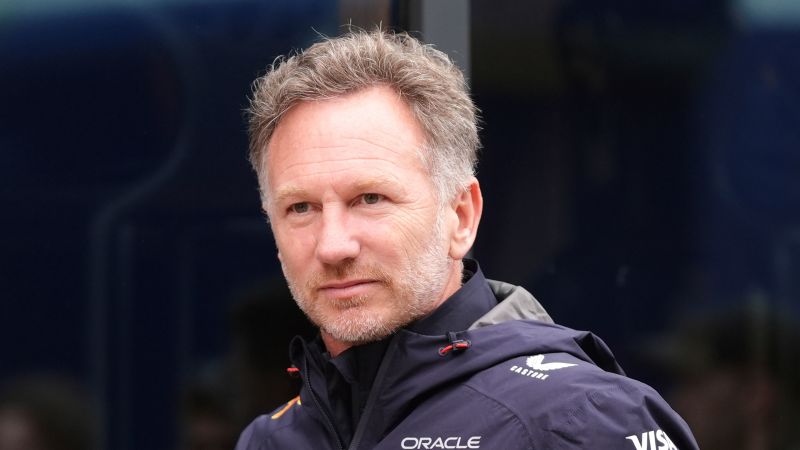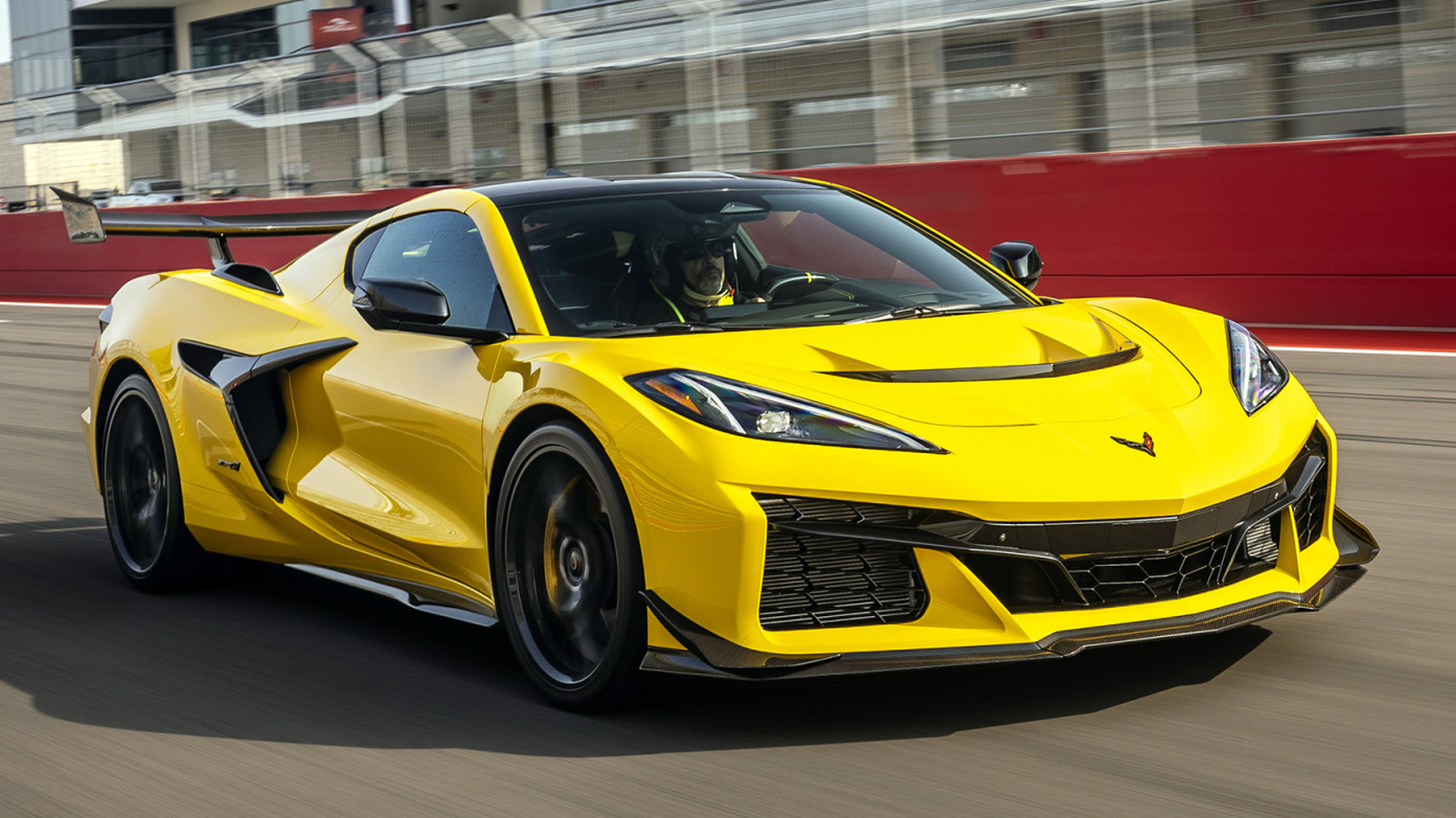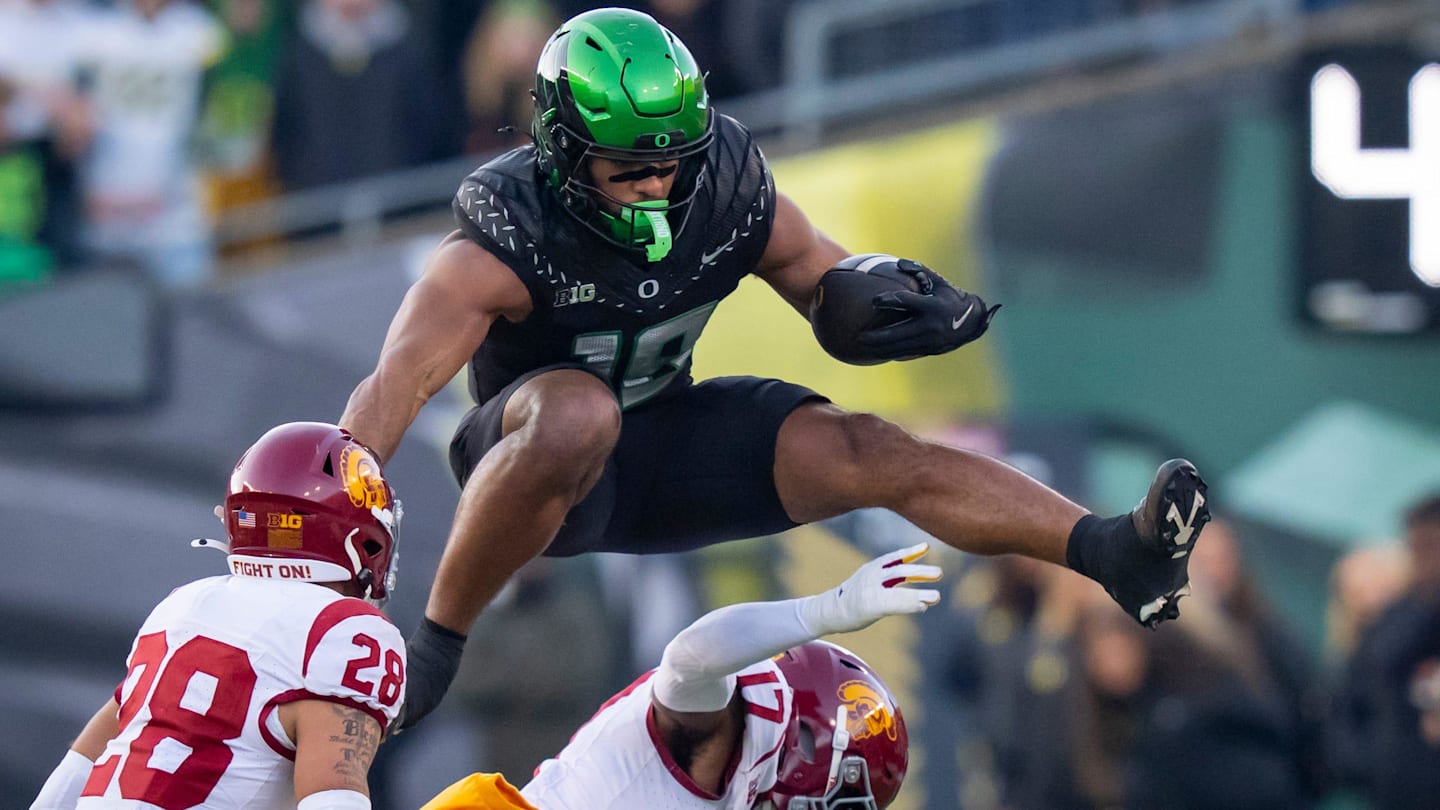Max Verstappen's Thrilling Sprint Race Victory at Spa

Introduction
In a thrilling display of skill and determination, Max Verstappen secured victory in the Sprint race at Spa. But it wasn't an easy win for the Red Bull driver. In fact, Verstappen revealed that he had to push beyond his limits to defend his lead and cross the finish line first.
Pushing the Limits
Verstappen explained that he had to push harder than ever before, even going "over the limit of what you think is possible." He had to dig deep and find an extra level of performance to hold off his competitors. In fact, Verstappen compared his intense battle to "15 qualifying laps," highlighting just how much effort and skill it took to secure the victory.
The Formula 1 Mindset
Verstappen's incredible performance in the Sprint race is a testament to the intense focus and drive required to succeed in Formula 1. It's not just about having the fastest car, but also about pushing yourself to the absolute limit and beyond. Verstappen's victory is a reminder that in this highly competitive sport, every driver must be willing to go above and beyond to come out on top.
About the People Mentioned
Max Verstappen
Max Verstappen is a Dutch professional racing driver born on September 30, 1997, in Hasselt, Belgium.[2][4] He is widely recognized as one of Formula One's greatest talents and has fundamentally reshaped the sport's record books since his arrival. Verstappen began his racing career at an exceptionally young age, starting karting at just two years old in the family garden before progressing through competitive karting categories across Europe.[1] His father, Jos Verstappen, was a former Formula One driver who served as a significant influence on his early development. In 2013, at age 16, Verstappen made his debut in the Formula Three series, followed by joining the Red Bull Junior Team in 2014.[6] He made history in 2015 when he became the youngest person ever to participate in a Formula One race weekend at just 17 years old, competing for Scuderia Toro Rosso.[2][4] The following year, after his promotion to Red Bull Racing, Verstappen achieved another milestone by winning the Spanish Grand Prix at age 18, becoming the youngest driver ever to win an F1 championship race.[4][6] Verstappen's competitive dominance intensified throughout the 2020s. He secured his maiden world championship in 2021 after an intense battle with Lewis Hamilton, becoming the first World Drivers' Champion from the Netherlands.[2] He subsequently won three consecutive championships in 2022, 2023, and 2024, making him only the fifth driver in Formula One history to achieve four consecutive titles.[1][4] As of 2024, Verstappen holds 69 race victories, 47 pole positions, and 125 career podium finishes across 232 Grand Prix races, accumulating 3,394.5 career points.[3] His aggressive yet calculated racing style, combined with his ability to perform under pressure—particularly demonstrated during the wet-weather São Paulo Grand Prix in 2024—has cemented his status as a transformative figure in modern Formula One.[2]
About the Organizations Mentioned
Red Bull
Red Bull GmbH is a globally renowned energy drink company founded in 1984 by Austrian entrepreneur Dietrich Mateschitz and Thai businessman Chaleo Yoovidhya. The brand originated from a Thai energy beverage called Krating Daeng, created by Yoovidhya in 1976 for laborers and truck drivers. Mateschitz discovered the drink during a trip to Thailand and partnered with Yoovidhya to adapt and market it for Western consumers. Red Bull was launched in Austria on April 1, 1987, creating the energy drink category and positioning itself as a premium lifestyle brand with innovative marketing and distinctive packaging[1][2][5][6]. Red Bull has become a cultural icon, selling over 12.67 billion cans worldwide in 2024 across 178 countries and employing nearly 20,000 people. The company generated a turnover of approximately €11.2 billion in 2024, reflecting robust global growth[2]. Its success is attributed not only to its unique formula—containing caffeine and taurine—but also to its pioneering marketing strategies, including sponsoring extreme sports, music events, and its own sports teams. Notably, Red Bull owns and operates Formula 1 racing teams and a talent development program, further elevating its brand visibility and positioning it at the intersection of business, technology, and sports innovation[8]. The product’s flavoring continues to be produced in Bangkok, maintaining a link to its origins. Red Bull successfully transformed a niche functional drink for blue-collar workers into a trendy, upscale beverage embraced worldwide. The blend of taste, packaging, and bold marketing launched a new product category and established Red Bull as a leader in energy drinks and lifestyle branding[1][6]. Today, Red Bull is not only a beverage company but also a global media and sports powerhouse, continuously expanding its influence through innovative branding and technology-driven sports ventures.
Formula 1
Formula 1 (F1) is the premier global motor racing championship renowned for its high-speed competition, advanced technology, and worldwide popularity. Established in 1950 with the inaugural race at Silverstone Circuit in the United Kingdom, it was created under the Fédération Internationale de l'Automobile (FIA) to formalize Grand Prix racing into a standardized championship[1][4][5]. Giuseppe Farina won the first championship, but it was Juan Manuel Fangio who dominated the 1950s with five titles, setting a benchmark for excellence[3][5]. Over the decades, Formula 1 evolved from a primarily European sport into a global spectacle, featuring legendary teams like Ferrari, Lotus, McLaren, and dominant drivers such as Ayrton Senna and Alain Prost, whose fierce rivalry in the 1980s captivated fans worldwide[5]. The sport is distinguished by continuous technological innovation, pushing the limits of automotive engineering, including the development of turbocharged engines and cutting-edge aerodynamics[5]. Commercially, Formula 1 transformed under the leadership of Bernie Ecclestone from the 1970s onward, who centralized its commercial rights and negotiated lucrative television contracts, turning F1 into a multi-billion-dollar enterprise[1][2][3]. The formation of the Formula One Constructors’ Association (FOCA) and subsequent Concorde Agreements consolidated control over TV rights and revenues, fostering financial growth and global exposure[2]. In 2017, Liberty Media acquired Formula One Group, modernizing its digital presence and expanding its appeal to younger audiences, with 2024 revenues reaching $3.222 billion[1]. Today, Formula 1 operates as a sophisticated business and technology platform, managed by Formula One Management (FOM) under Liberty Media, while the FIA governs sporting and technical regulations to ensure competition fairness and safety[4]. The sport also actively engages in social initiatives, such as the #WeRaceAsOne campaig







